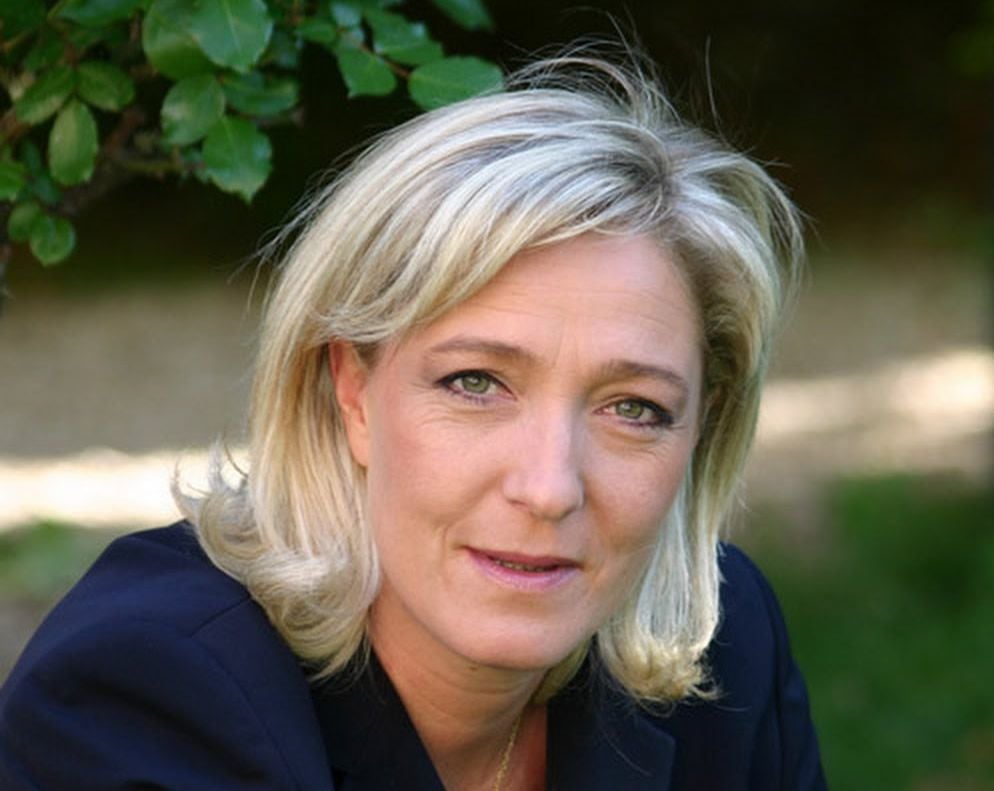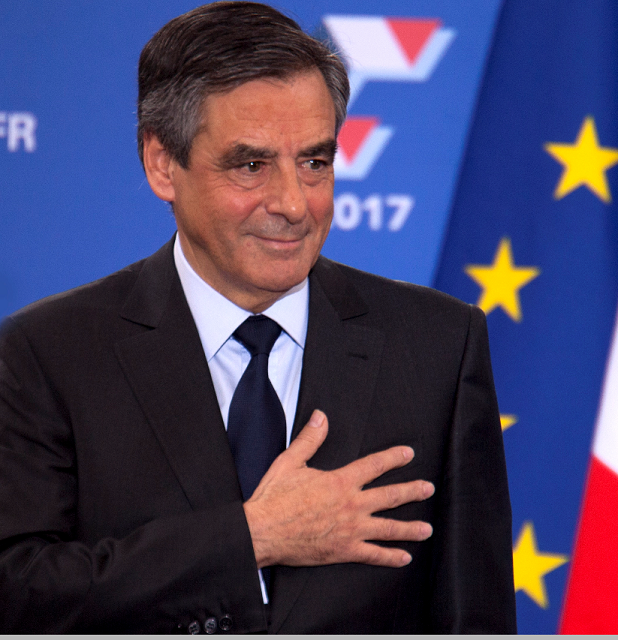Soc Gen: Euro Exchange Rates Now Feeling the Pinch of French Election Risks, Sell

With markets continuing to obsess over Trump and Brexit they risk ignoring the interesting dynamics unfolding in the Eurozone's second-largest economy which faces a major election in coming months.
We have been reporting for some time now that a potential positive for the Pound to Euro exchange rate in 2017 would be a win for France’s Marine Le Pen in the upcoming Presidential elections.
The argument is simple - Le Pen is no fan of the European Union and some kind of destabilisation to the unit would be likely should she win.
Le Pen has recently said that she would look to take the country out of the Eurozone in six months should she be elected in May.
The costs to the value of the Euro would be notable as risk and uncertainty are increased - just recall the currency reaction to Brexit which trades well below fair-value purely on the uncertainty factor.
But with Brexit being largely priced into the value of Sterling, the prospect of an outsized recovery in the GBP/EUR exchange rate are notable should the Euro have to price in some significant risk premia.
The risks associated with the French election are however slipping under the radar with foreign exchange market discourse still centred on Brexit and Trump at present.
This is largely because opinion polls continue to suggest Le Pen would fail to win in the final round of voting.
But for analyst Kit Juckes at France's Societe Generale, “the French election campaign isn't getting any less worrying.”
Juckes argues the Dollar correction lower, “is masking the euro's underperformance. It's in the European crosses where euro weakness since the new year is clearer, for example in EUR/CHF, EUR/SEK and EUR/NOK.”
“The spread between OATs and Bunds is reflecting the gradual rise in the French political risk premium,” says Juckes.
Back at the start of January we reported that Le Pen Can Still Win.
The report was based around the findings of Holger Sandte at Nordea Markets who noted:
1. Continuously high unemployment of 9.6% for all and 26% for the young.
2. A shrinking manufacturing sector which means most employees now work in the more precarious services sector and gig economy.
3. A “traditionally critical attitude towards globalisation.”
4. The widespread view that France is dominated by Germany and Brussels and therefore the familiar cry of “take back control”.
5. Disenchantment with the political elite.
6. The fact the present incumbent Hollande is so unpopular.
7. Integration problems and fears about loss of tradition.
8. The Front National (FN) showing it is an alternative party which has potential to go places – it gained 25% of the vote and was the largest party in the 2014 EU elections.
That all the criteria are still in place for reactionary backlash increases the risk that Le Pen may win.
We would suggest readers remain alert to such a possibility.

The latest French opinion polls show the early front-runner, Francois Fillon, drifting into third place behind Marine Le Pen and Emmanuel Macron.
We reported earlier in the year that there were some who flagged a Fillon victory as being positive for Sterling, given his Anglophile tendencies.
Socialist candidate Benoit Hamon would like to strike a deal with the far-left candidate Francois Melenchon.
While some argue this is unlikely to happen but it could theoretically take the left wing support up above 20%, leaving four candidates with 20-25% each.
Juckes notes that, centre-right politician Francois Bayrou sounds as though he may well stand and further muddy the waters. Bayrou would not be expected to make the second round, but he would take some support from M. Fillon, and potentially, from Macron as well.
"That increases the possibility, if Hamon were to get Melenchon to support him, of a Le Pen/Hamon second round shoot-out. In that case, the return of a Socialist president after the disappointment of Hollande, would be the best pro-Europeans could hope for," says Juckes.
The analysts argues this is a messy enough election that markets are bound to price risk into the FX market at some point.
Soc Gen this week initiated a Sell trade recommendation on EUR/USD, with Juckes arguing the rate looks too high and is a sell.
"Short EUR/NOK and short EUR/SEK still appeal, and EUR/GBP has further to fall too," says Juckes.
Fade Euro Strength
Societe Generale have meanwhile communicated that they expect EUR/USD to decline into the spring on a combination of Dollar strength and Euro weakness.
"US yields have pulled back from their December highs, and dragged down the dollar as a consequence. We continue to be confident of forthcoming fiscal stimulus in the US, and that the market could soon start to price in more Fed tightening this year. As such, we believe that the dollar's recent correction presents an opportunity to position for a stronger turn in coming weeks," says Soc Gen's Alvin Tan.
Tan, who is a currency strategist and recommends trades picks up on his colleagues views over French risks.
"Recent twists and turns in the French political scene have seen the two establishment parties - Socialists and Les Republicains - faltering in the opinion polls. Hovering above the fray is the palpable fear of a French echo of the populist ructions represented by Brexit and Trump. Hence, whatever the objective assessment of Marine Le Pen's chances of victory in the April/May presidential elections, we expect the European political risk premium to rise into the spring. This will help to pressure the euro lower in coming weeks," says Tan.
Tan looks to fade the Dollar's correction lower by selling EUR/USD at 1.0800, targeting a retest of the cycle low at 1.0350 with a stop at 1.1000.





